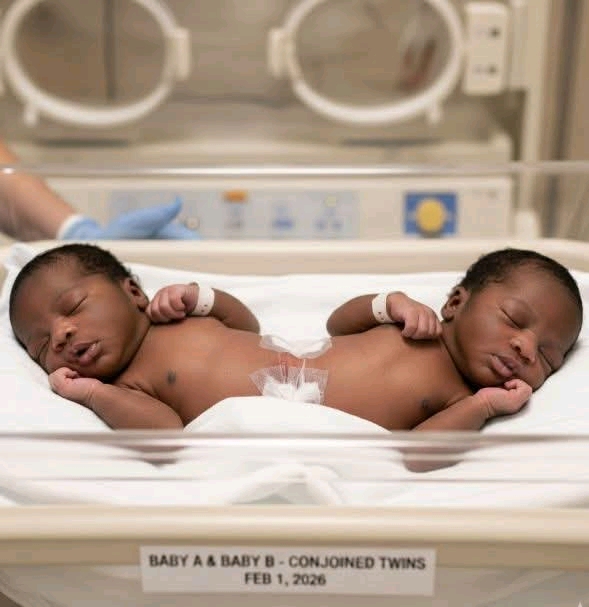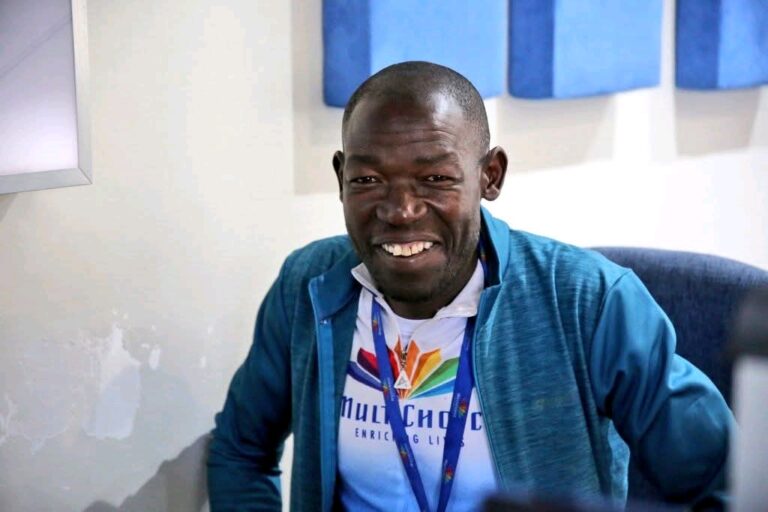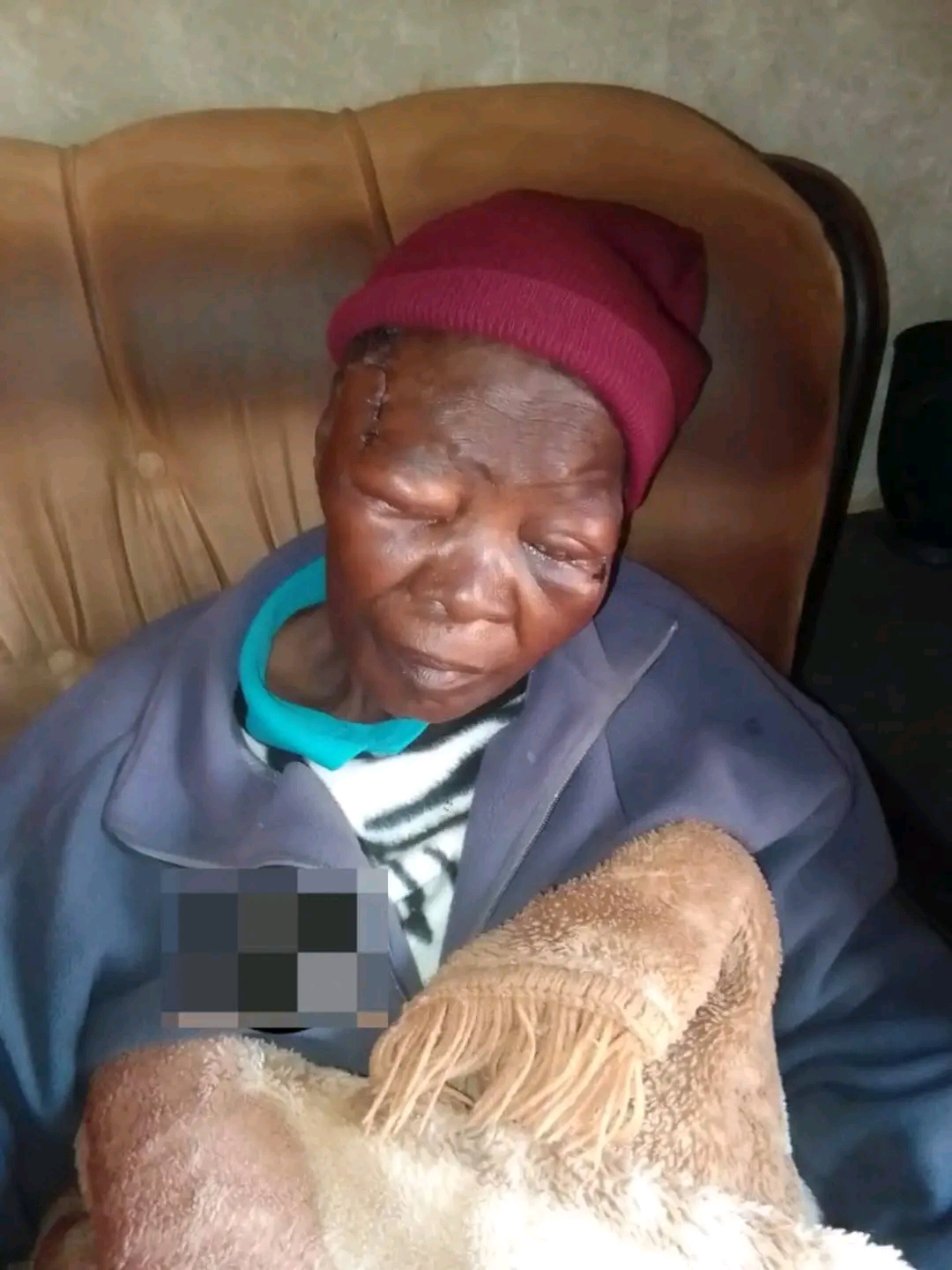
South Africa continues to battle the scourge of gender-based violence, and one of the most heartbreaking cases to recently emerge is that of 75-year-old Gogo Merry. Her story has left communities shaken and demanding justice after she endured a horrific attack at the hands of a 24-year-old man who violated her in her own home.
According to reports, Gogo Merry was asleep when the young man broke into her house and brutally attacked her. He beat her, subjected her to unimaginable abuse, and left her with devastating injuries that have forever altered her life. What was once a life of quiet resilience and dignity has now been replaced with pain, trauma, and dependency.
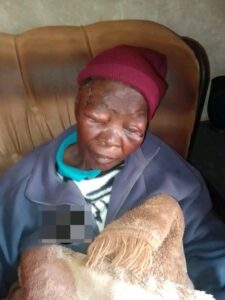
Before the attack, Gogo Merry was a strong and independent woman. Despite her age, she sustained herself through a small recycling business, collecting and selling recyclables to make ends meet. It was not much, but it gave her a sense of purpose and allowed her to live with dignity. Today, that life is gone. She can no longer walk, she relies on adult diapers, and her independence has been stripped away.
The cruelty inflicted upon her goes beyond physical wounds. It is an act that has robbed her of her identity, her livelihood, and her peace. This attack is not just a crime against an elderly woman; it is a crime against the values of humanity and community. It raises serious questions about how safe women, especially elderly women, truly are in their own homes.
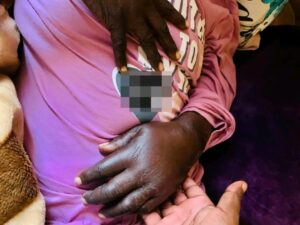
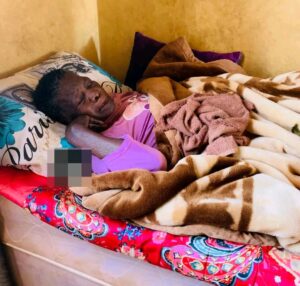
Gender-based violence is not a new crisis in South Africa. For years, women and girls across the country have endured violence that has destroyed families and communities. But when even grandmothers — the pillars of families, the keepers of tradition, the nurturers of generations — are not safe, then it becomes clear that this is a crisis of morality and humanity.
Communities have expressed outrage and heartbreak at the ordeal faced by Gogo Merry. Many have called on the justice system to ensure that her attacker faces the full consequences of his actions. There is also a growing demand for stronger protective measures for women and vulnerable groups, including elderly citizens, who are often overlooked when discussions on gender-based violence take place.
Her story highlights the urgent need for a multi-pronged approach to fighting GBV. Beyond arrests and convictions, there is a desperate need for social education, community accountability, and stronger systems of care and protection for victims. Survivors like Gogo Merry require not only justice but also long-term medical, psychological, and financial support to rebuild their lives.
As the call for justice grows louder, South Africans are reminded of their shared responsibility in confronting this crisis. Protecting women, children, and elders must not be seen as optional — it must be the foundation of any society that hopes to progress.
Gogo Merry’s suffering is a painful reminder that the fight against gender-based violence cannot be delayed. Justice for her is justice for all, and ensuring her attacker is held accountable is only the beginning of the broader work needed to heal the deep wounds GBV has inflicted on our communities.

